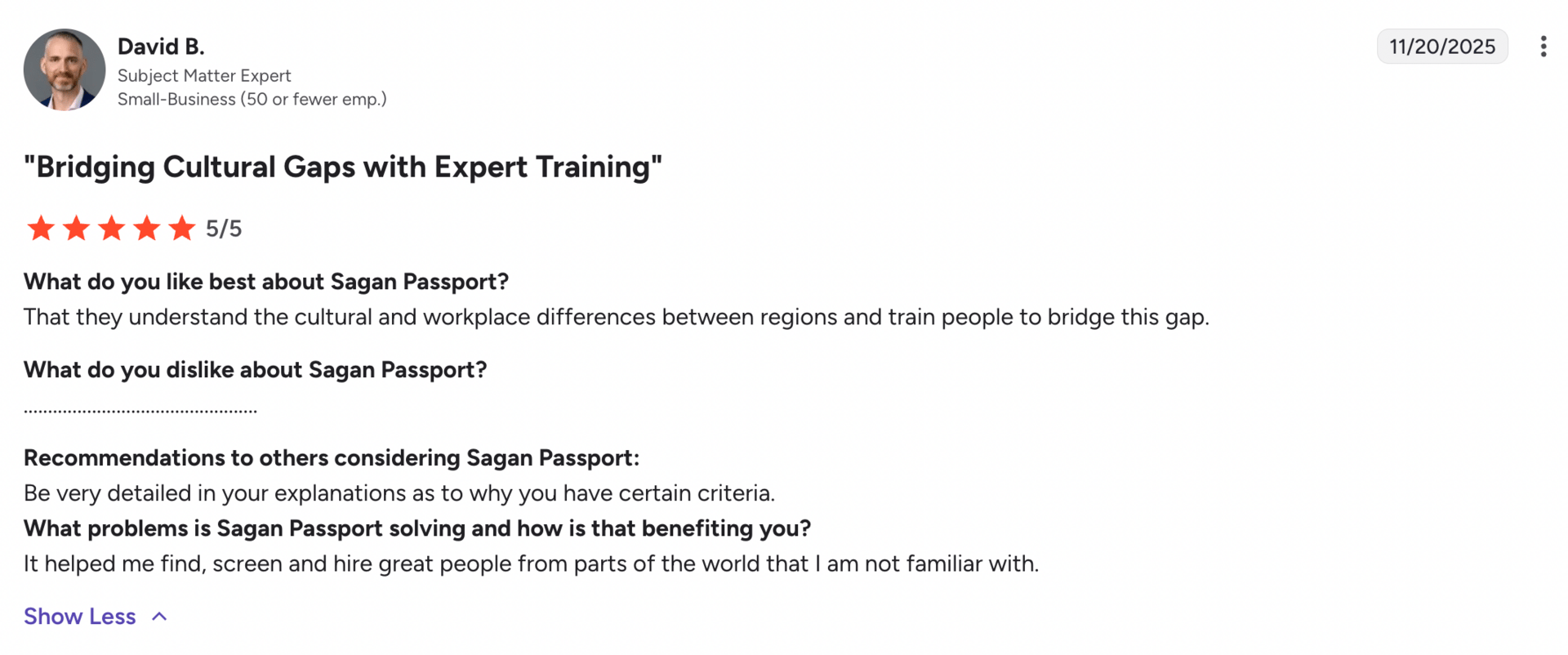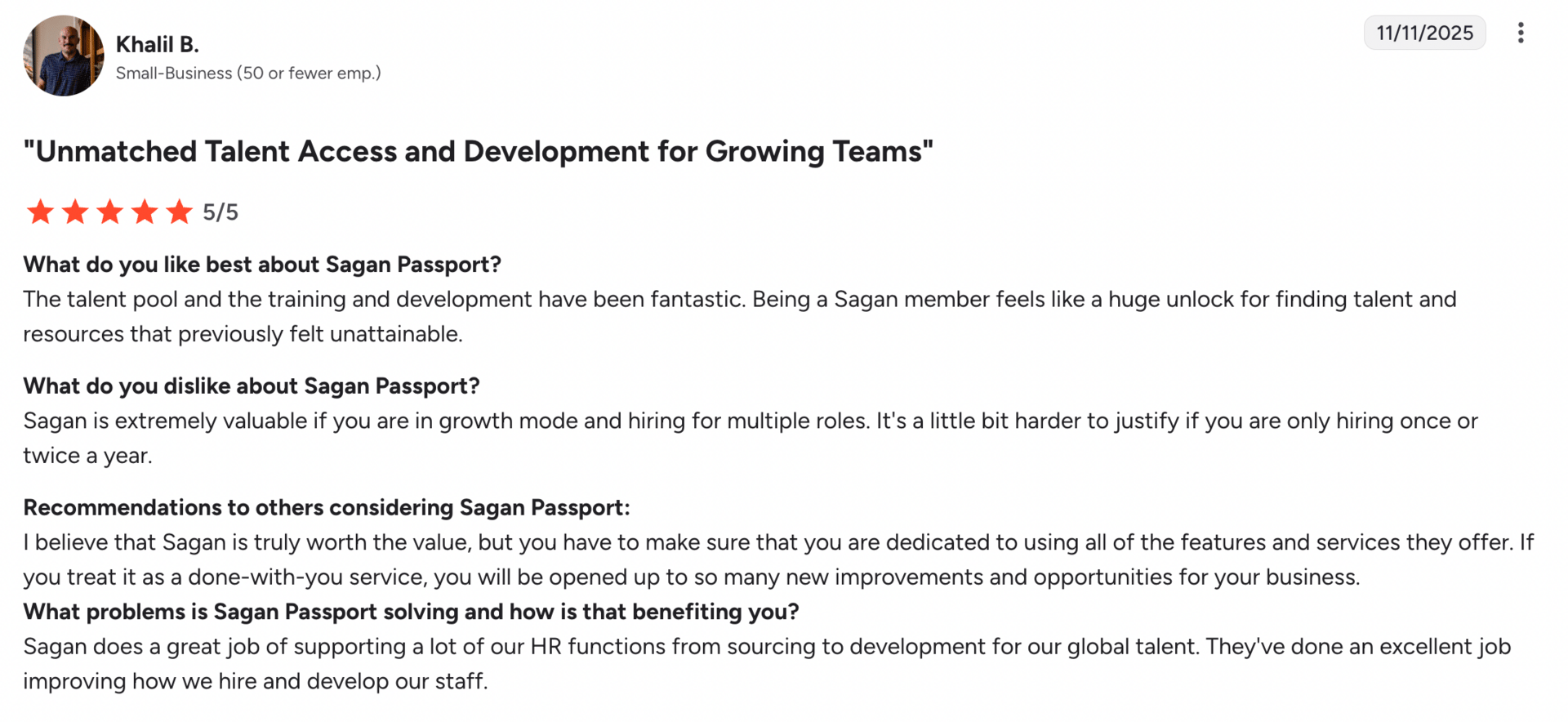- Lazy Leverage
- Posts
- I've Been Breaking My Team (On Purpose)
I've Been Breaking My Team (On Purpose)
For the last year and a half, I've been systematically destroying my recruiters' sense of professional identity.
"You don't grade resumes manually! What are you, nuts?"
"You're spending three hours sourcing candidates on LinkedIn? Are you trying to get fired?"
"You wrote that job description from scratch? Why?"
I wasn't being a jerk.
I’ve been preparing them for something most people in knowledge work are still pretending won't happen…AI is coming for every commodity task in your job description, and the only question that matters is whether you'll have anything valuable left when it does.
They thought I'd lost it.
Two hours later, one of them said it was the best training session we'd ever done.
Which either means I'm onto something or we've been running terrible training sessions. Probably both.
Betting
There's a moment in the documentary SOMM where one of the winemakers says something we paused and replayed three times:
"Buying a bottle of wine is a bet. Your job as a sommelier is to help them make a smart bet."
I stopped the video. Looked at my team.
"Replace 'sommelier' with 'recruiter.' Replace 'bottle of wine' with 'candidate.' Now tell me what your job is."
Mayyyyyyyybe for the first time, they understood their job isn't to find candidates (although that is a part of it!).
More importantly - their job is to make someone confident in an inherently uncertain decision.
That's what survives. Not the search. Not the screening.
The confidence-building!
The curation!
The judgment that comes from understanding context so deeply that you can look at someone and say "this is the right bet" and they believe you.
What Sommeliers Actually Do
A sommelier doesn't just know about wine. Anyone can Google that.
Watch what a good sommelier does when you sit down. They're not asking about wine yet. They're asking: What do you normally drink? At home or only when you go out? What was the last bottle you really loved? The last one that disappointed you?
They also don't walk up to your table and say, "Here are fifteen bottles in your price range."
That's Google.
That's shit.
They say: "Given that you're having the duck and you mentioned you loved that Pinot we served last time, I'd suggest this one. It's got the same earthiness, but there's a bit more acidity that'll cut through the richness of the dish."
See the difference? That's judgment.
That's remembering what you said three months ago and connecting it to right now.
Notice how they dress. How they present the bottle. The ritual of the pour. The check-in halfway through the meal: "How's that pairing with your entrée? Are you tasting the stone fruit I mentioned?"
NONE OF THIS IS ABOUT THE WINE.
It's about making you feel seen. Making you feel like this person listened when you said something offhand about loving home improvement projects, and now they're recommending a candidate who does the same, even though it's not anywhere in the job description.
You know how rare that is?
AI can't make someone feel listened to. It can't build confidence through a buying process. It can't say, "I know this is a bet, and here's why I think it's a smart one."
The Sommelier Test for Your Job
Can you describe your work as curation, judgment, and experience design?
If not—if your job is primarily aggregation, organization, execution of clear procedures—I’ve got some rough news for you.
I asked my team a question: "How would you feel about a sommelier who said, 'I'm an incredible sommelier, but I only like working in the wine cellar. I don't really like talking to customers'?"
They laughed. Obviously that person has no future.
"So how many of you avoid calls with members because you'd rather work in the CRM?"
Not laughing anymore.
Look, I get it. The CRM is clean. Organized. Predictable. Members are messy. They change their minds. They want things that don't make sense. The CRM never asks you to defend a recommendation or explain why you think something's a good bet.
But the CRM is also getting automated first.
What This Actually Looks Like
A member says a hire didn't work out.
We could pull the candidate profiles, write a summary of their qualifications, note the feedback we received, send it over. AI will do this in eighteen seconds. For free. Forever.
Or we could actually think about what happened.
Were the candidates qualified on paper but wrong for this specific manager's style? Did we miss something in the interview about culture fit? Is this customer unclear about what they actually need, and are we enabling that by just sending more profiles?
That’s way harder, and WAY more critical post-AI.
It’s Subjective
Most knowledge workers are doing the equivalent of saying "here are fifteen bottles of wine in your price range", dropping them on the table, and thinking that's enough.
It's not.
Study your customers the way sommeliers study regulars. Make recommendations that prove you listened, thought, cared about getting this right.
Create a buying experience that makes people feel confident when everything about hiring is uncertain.
There is no "best candidate" any more than there's a "best wine." There's a good candidate for this role, for this manager, at this company, at this moment in time.
Making that match is art (people), not science (AI).
And if you can't articulate the difference, you're already obsolete.
So What Do You Do?
Ask yourself the sommelier questions.
Do you know your customers deeply?
Not their job requirements—their style. Their preferences. What worked last time. What didn't. The stuff they mentioned offhand six months ago that nobody else would remember.
Are you making recommendations or just presenting options?
If you're sending lists without a point of view, you're already done, you just don’t know it yet..
Do people feel seen when they work with you, or just served?
Can you articulate your judgment? "Here's why I think this is a smart bet" is the whole job. If you can't say that sentence with conviction, what exactly are you doing?
Commodity work disappears. What remains is taste, judgment, and the ability to make someone confident in an uncertain decision.
That's the sommelier test.
Pass it, or go the way of the dodo.
Yallah Habibi,
Jon

